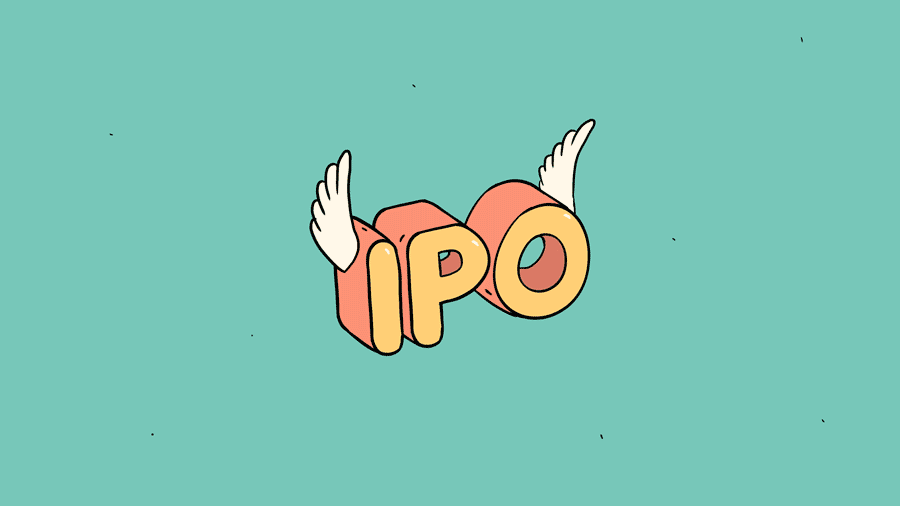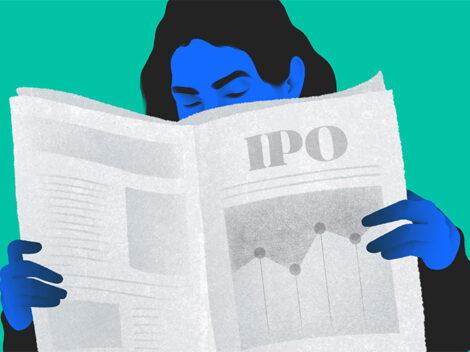Slack re-filed its S-1 form this week, causing a stir on Twitter as it appeared for a moment that the company intended to raise money in its public debut. The workplace productivity firm, however, was merely being tricky.
Subscribe to the Crunchbase Daily
The firm’s new S-1, an S-1/A, notes that the company’s “Proposed Maximum Aggregate Offering Price” was over $196 million. What does that mean? Well, it doesn’t mean that Slack is going to raise that much. Recall that in a direct listing, the company going public does not sell shares.
So, what’s up with the $196 million figure? According to the filing, the sum was “[e]stimated solely for purposes of calculating the registration fee pursuant to Rule 457(a) of the Securities Act.” The document goes on to note that as “there is no proposed maximum offering price per share of Class A common stock [in the direct listing, Slack] calculate[d] the proposed maximum aggregate offering price […] based on the book value of the Class A common stock.”
In a sense, then, the $196.48 million sum isn’t material for our needs. However, the S-1/A did include some important news.
Slack is changing its stock ticker from “SK” to “WORK.” And while it is likely a coincidence, it’s fun to note that Atlassian, a project management software company that has invested in Slack, trades as “TEAM.”
If you aren’t overly familiar with direct listings, a non-traditional route to the public markets employed successfully by Spotify, don’t worry. It’s somewhat new for all of us. But, June 20th, Slack’s expected trading date, is just around the corner.
We’ll have more the closer we get to that date. Direct listings are rare, a little confusing, and somewhat exciting. Especially when a company as large, and famous as Slack chooses to forgo raising more money and instead opts to just start trading. But hey, if you don’t need the money, you probably don’t want the dilution.
We don’t understand why Slack was called a genius for raising money while younger, and therefore at higher prices, “just because it could,” but is now being hailed for not raising money, at a higher equity price and therefore cheaper in terms of dilution, in its public debut. If you can figure that out, email us.
Illustration: Li-Anne Dias.

Stay up to date with recent funding rounds, acquisitions, and more with the Crunchbase Daily.










![Illustration of pandemic pet pampering. [Dom Guzman]](https://news.crunchbase.com/wp-content/uploads/2021/03/Pets-2-300x168.jpg)
67.1K Followers